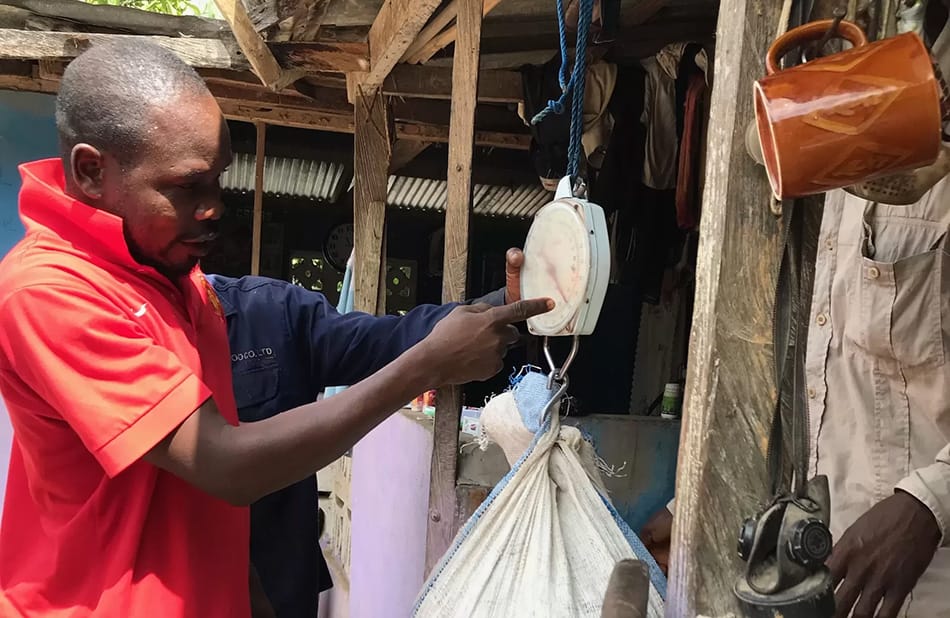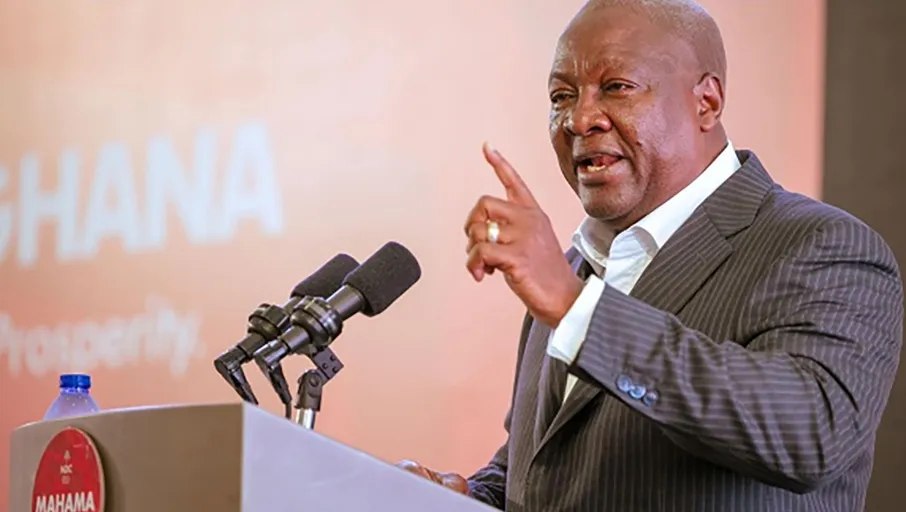The more cynical of us who monitor the cocoa and chocolate industry may conclude that the Ghanaian government’s announcement that it had raised its fixed farmgate cocoa price for the second time this season is based on politics rather than farmer welfare.
President Nana Akufo-Addo announced earlier this week that cocoa farmers would now receive 49,600 Ghanaian cedi ($3,062) per metric ton compared with the 48,000 Ghanaian cedi announced when the season opened on 1 September.
Still, there are reports of some farmers “hoarding their beans” until after the presidential elections on 7 December, when a new head of state may increase producer prices further.
A spokesperson for Cocobod, the regulator, said the new increase had been introduced with immediate effect.
At this stage, Vice President Muhamudu Bawumia of the ruling New Patriotic Party and former President John Mahama, leader of the main opposition National Democratic Congress party, are the front runners to become the new president.
Mahama is widely expected to win the upcoming election. He has been giving interviews in which he has talked about reducing Ghana’s debt. He has also pledged that the next NDC government will revisit the cocoa roads project if he wins the elections.
He claimed the current administration had abandoned the initiative to improve roads in many cocoa-growing areas, which were in a “deplorable state.”
He told a rally in the central region that, knowing the relevance of the cocoa sector to the economy, the relief the roads would provide to citizens in those cocoa farming communities … and the next NDC government, “without hesitation, would reschedule the project for completion.
Farmers were also reacting to comments by vice president Mahamudu Bawumia, who told supporters of the ruling New Patriotic Party last month that the government would raise prices for farmers. He has since said his comments “had been misunderstood.”
Cocoa farmers react to the price increase
The move by the present administration surprised many of the country’s cocoa farmers. Alex Kwame, a 46-year-old cocoa farmer from the Western region, told Business and Financial Times (B&FT) that the producer price increase was “unexpected and heartwarming.”
Solomon Tohola, another cocoa farmer from the Central region, said: “I am having mixed feelings of surprise and happiness because I was not expecting such an announcement at this time. The new cocoa producer price would stabilise our incomes and improve our livelihoods—especially considering the severe economic hardships we are now facing. It would also encourage more people, particularly the youth, to go into cocoa farming.”
According to a report on Reuters, the authorities have been seeking to increase farmers' incomes and deter smuggling, which led to Ghana losing more than a third of its cocoa output for 2023-24.
Ghana Cocoa Processing Company Limited (CPC) posts significant losses
In other news, Ghana’s state-owned Cocoa Processing Company Limited (CPC) has posted a substantial $13.08 million loss for the nine months ending 30 September 2024, according to local reports.
According to Ghana’s CitiNewsroom.com, the increase in losses is primarily attributed to escalating operational costs, especially in selling, distribution, and financial expenses.
The news comes weeks after cocoaradar.com reported the threat of insolvency of the Produce Buying Company, the largest LBC, after several years of substantial losses, adding to the pressure on the country’s downstream supply chain.

Cocobod happy with new funding model to buy cocoa
In a separate development, Cocobod CEO Joseph Aidoo told media recently that the new funding model for the 2024-25 crop season, which requires global traders to pay upfront for part of bean shipments, had eliminated delayed payments to licensed cocoa buyers (LBCs), ended the borrowing of beans from farmers, and improved buyers' turnaround time and profits.
The head of the sector regulator, Cocobod, said the current model was more flexible. It requires licensed buyers to use their own funds or money sourced from their partner traders to purchase cocoa from farms for Cocobod to deliver to global buyers.
According to Reuters, Cocobod replaced a three-decade-old system in which the regulator financed bean purchases from farmers with an annual syndicated loan from international banks.


